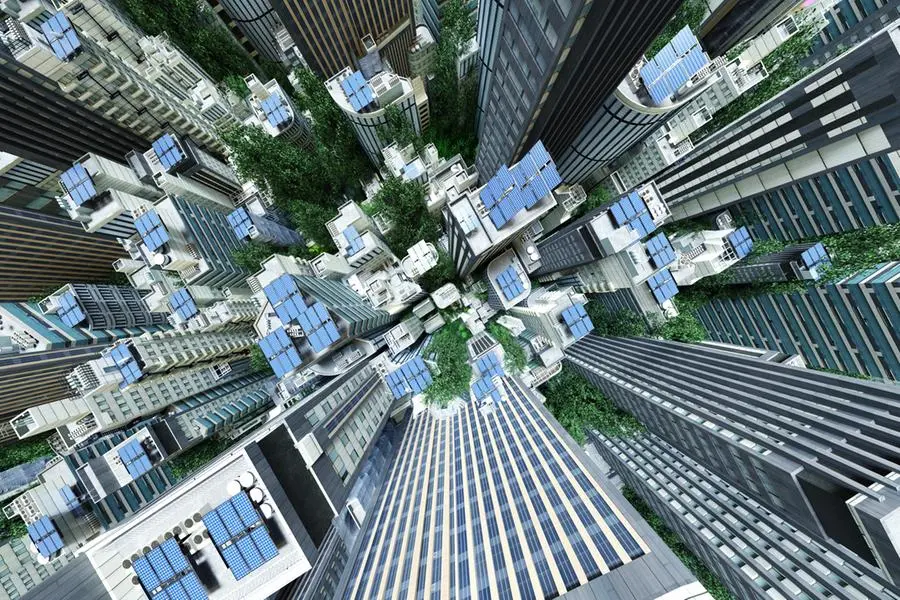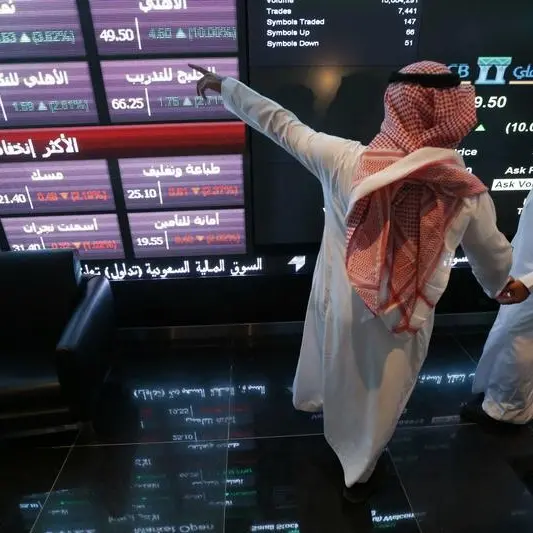PHOTO
The principles of sustainable living and environmental stewardship have been central to the teachings of Islam, Christianity, and Judaism for centuries, said Abdulla Al Shehhi, Acting Executive Director of the Abrahamic Family House.
“Our communities of faith have always had an influential role to play in shaping culture, embedding peaceful coexistence, and mobilising for global challenges.”
Abdulla Al Shehhi was giving opening remarks in a panel discussion titled “Rethinking Sustainability and Peace through a Spiritual Lens,” held at the Forum in the Abrahamic Family House in Abu Dhabi on Thursday evening.
Emphasis on sustainability
Three globally known scholars who took part in the panel explored how religious teachings among faiths promote sustainable living practices and a sense of environmental stewardship.
Since the opening earlier this year, the Abrahamic Family House has already hosted more than 100 events across the three Houses of Worship, bringing the communities together for dialogue, learning and celebrations. The centre continues its journey towards the promotion of mutual understanding and cooperation, focusing on crucial topics and global challenges inviting communities to learn and engage.
Faith and climate action
Rabbi David Rosen, Special Advisor for Interfaith and Jewish Affairs at the Abrahamic Family House, who moderated the panel discussion, began by setting the scene of how faith and the environment are interlinked.
During the discussion held on the International Day of Peace (21st September), Rabbi Rosen explained, “There is an extricable link between sustainability and peace [relating] to all the health and wellbeing of the different components of society”.
The panel discussion also articulated the teachings in Islam on the diversity of cultures and the ability to make a connection that impacts humanity and the environment as a whole. It highlighted the link between ethical practices and the importance of preserving resources for generations to come.
Sustainable responsibility
Rabbi Dr. Ari Berman, president of Yeshiva University, explained how his institution prepares students to become future leaders who develop networks and friendships across the world today, which will help forge a sustainable peace for the future.
“Sustainability is about caring for each other. The first principle of sustainability is to think about other people.”
He later explained how sustainability needs to be viewed in the long term, “The core of sustainability is to imbue a sense of responsibility in the generations not yet born,” said Dr. Berman, who leads one of the foremost institutions of rabbinic and secular higher education in the world.
Collaboration on social values
Dr. Monica Menendez of New York University – Abu Dhabi (NYUAD) talked about the importance of greater collaboration with others in the advancement of sustainability.
“We should not sacrifice social values because of efficiency. This is why it is important to work together with engineers, social scientists and those in arts and humanities to understand those values and incorporate them into these authorities,” she stressed.
Dr. Menendez, the Associate Dean of Engineering for Graduate Affairs and a Professor of Civil and Urban Engineering at NYUAD, explained how decision-making needs to bring all stakeholders to the table in order to understand the connections of these decisions, and to include social values. Dr. Menendez is also leading NYUAD Research Centre for Interacting Urban Networks.
Faith brings hope to the next generation
Rabbi Rosen concluded the session with a story about carob trees. “It is our responsibility to plant [trees] for future generations which highlights the responsibility, goals and aspirations that we all share, and drawn from our religions on the vision and hope for the future.”
This panel discussion hosted by the Abrahamic Family House—the first in a series of programming by the centre—drew a crowd of over 80 people.
The Abrahamic Family House also maintains an active schedule of community events, workshops, and activities that are open to all. In the coming months, sessions will include workshops on sustainable practices and group discussions, aiming to share knowledge, ideas and experiences between generations, and a series of film screenings, poetry and literature readings.&





















